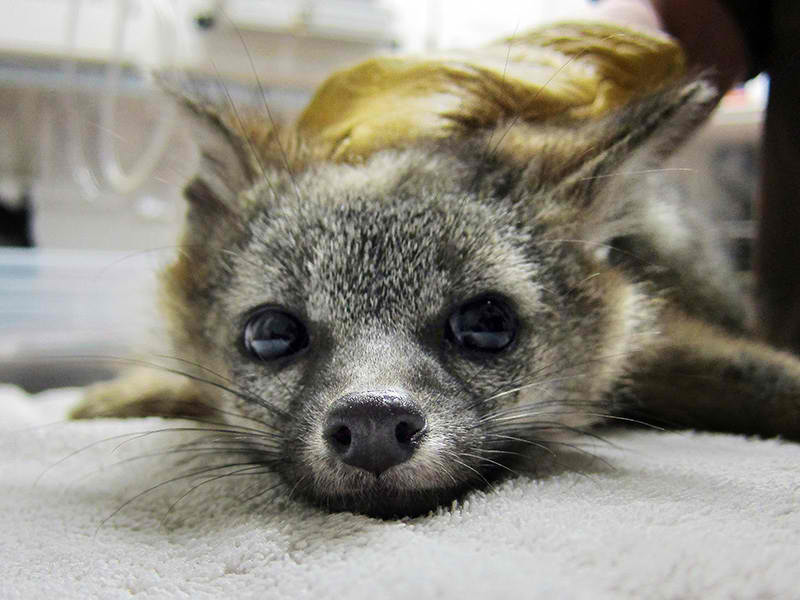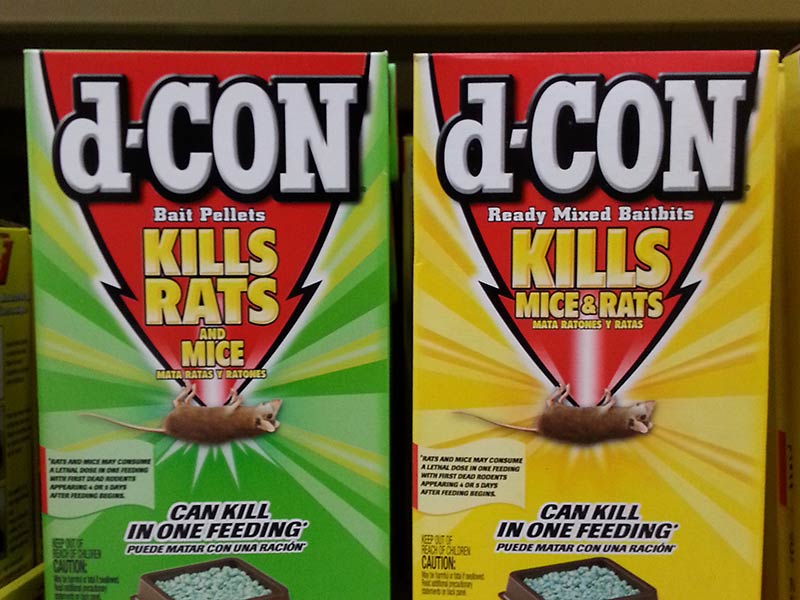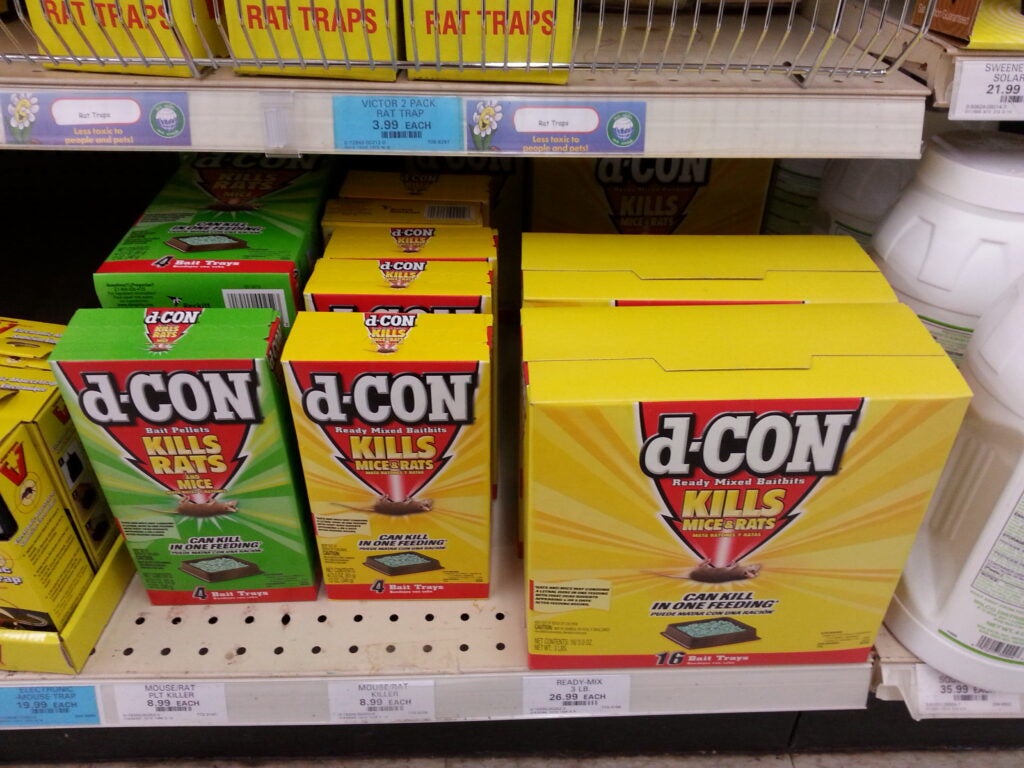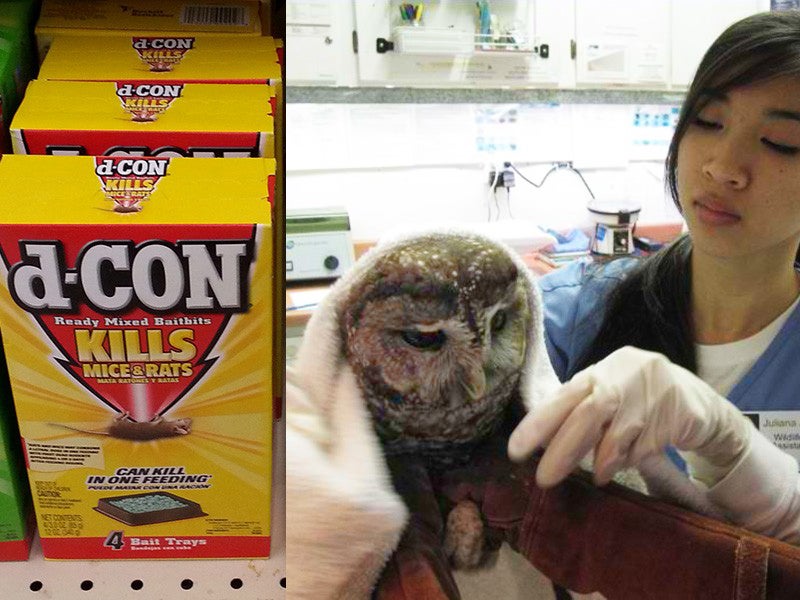Challenging the Approval of Dangerous Rat Poisons
Studies have documented second-generation anticoagulants in more than 70% of wildlife tested. Over a 10-year period, rodenticides caused, on average, more than 160 severe poisonings of pets annually. According to data from the EPA, each year up to 10,000 children are accidentally exposed to rat poison in their homes.
Clients
Regional Office / Program
Case Overview
A group of rodenticides that did not comply with basic safety measures were posing a significant threat to bobcats, foxes, owls and other animals that are apt to eat poisoned rats or mice. The rodenticides at issue, known as “second-generation anticoagulants” and marketed by British-based multinational conglomerate Reckitt Benckiser LLC, under the brand name “d-CON,” interfere with blood clotting and cause the victim to bleed to death.
Studies have documented second-generation anticoagulants in more than 70 percent of wildlife tested, including bald eagles, mountain lions, and endangered San Joaquin kit foxes. Over a 10-year period rodenticides caused, on average, more than 160 severe poisonings of pets annually. According to data from the EPA, each year up to 10,000 children are accidentally exposed to rat poison in their homes.
In 2008, the U.S. EPA established safety measures to protect children, wild animals and pets from accidental poisoning. The agency ordered companies to re-formulate their products in protective bait stations and to stop marketing the most toxic rodenticides on the consumer market, instead limiting their sale to large containers from agricultural supply stores. Most other manufacturers were quick to conform to the new standards, but Reckitt Benckiser challenged the decision. Earthjustice, on behalf of the American Bird Conservancy, Center for Biological Diversity, Defenders of Wildlife and the Sierra Club, took legal action to support the EPA’s efforts.
In March 2014, the pesticide company also challenged California’s newly announced restrictions on d-CON, which targets products sold to the general public in retail outlets and limits super-toxic rodenticide use beyond 50 feet of manmade structures. In May 2014, Earthjustice, representing a coalition of wildlife advocates, intervened in that case as well on the side of the state.
That same month, after years of legal and public pressure, Reckitt Benckiser and the EPA reached an agreement to stop producing its super-toxic rat poisons and pull the products from store shelves by early next year. Reckitt Benckiser will stop making super-toxic rat poisons by the end of 2014, which will be replaced on the shelves with safer products by March 2015. Days later, Reckitt Benckiser announced its intention to voluntarily dismiss its challenge to California’s regulations.
This is a major victory for Earthjustice and the groups it represented in working with the EPA to end production and sales of the rodenticide, but there is more work to be done. Super-toxic poisons will still be available for bulk sales to agricultural users and by licensed pest-control operators, and Earthjustice is currently looking into options to further limit their use.

Case Updates
Case page created on April 29, 2013.


